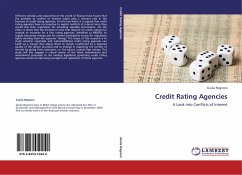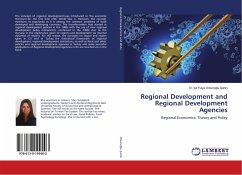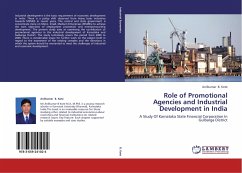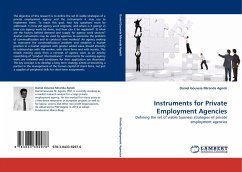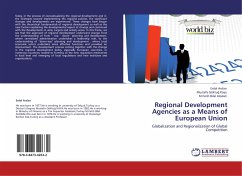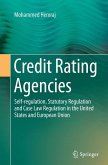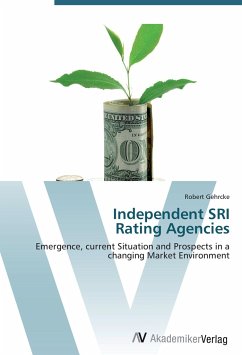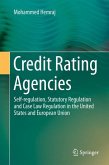Different scholars and exponents of the world of finance have found that the problem of conflict of interest might play a relevant role in the business of credit rating agencies. On the one hand, it is argued that credit rating agencies have no incentive to exploit conflicts of interest since they would lose their reputation for providing valuable information. On the other, it seems that the increase in rules that depend on credit ratings has created an incentive for a few rating agencies, identified as NRSROs, to supply inaccurate ratings and for market participants to pay for regulatory rights deriving from the agencies ratings. The scope of this research is to study whether reputable and well-established credit rating agencies can build up a margin that allows them to remain unaffected by a lowered quality of the service provided and to indulge in exploiting the conflict of interest by giving their customers, i.e. the issuers, unduly high ratings. This study will also suggest a critical review of the latest amendments and amendment proposals to the existing legislation governing credit rating agencies aimed at improving oversight and regulation of these agencies.
Bitte wählen Sie Ihr Anliegen aus.
Rechnungen
Retourenschein anfordern
Bestellstatus
Storno

